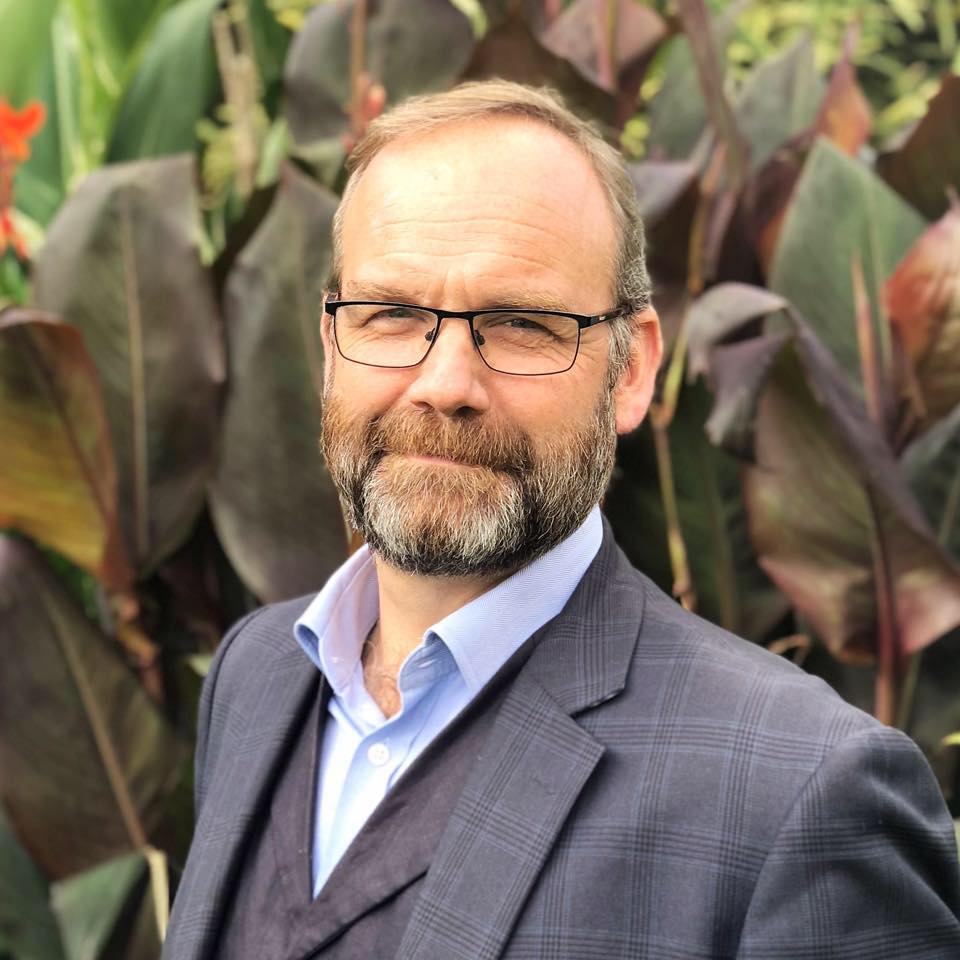A group of 20 experts, led by the University of Nottingham, today set out their recommendations for foreign policy around Afghanistan in a new report, Afghanistan: Prospects and Challenges.
The scholars, including British diplomat and author Sir Rodric Braithwaite, have pooled their collective expertise to offer a thorough analysis of the current state of affairs in Afghanistan, spanning foreign intervention, international law, the economy, security, human rights, regional powers, religion, and modern slavery and human trafficking.
Experts from across four of the University of Nottingham's research centres (Centre for the Study of Subversion, Unconventional Interventions, and Terrorism; Human Rights Law Centre; Asia Research Institute; and The Rights Lab) set out the facts and evidence, providing a holistic overview of the situation in Afghanistan, as well as recommended interventions and actions.
A foreword by Sir Rodric Braithwaite, who was Chairman of the UK Joint Intelligence Committee from 1992 – 1998, argues that "it is no good pouring aid money into a country which does not have the institutions to handle it."
He adds: "The flaw at the heart of our policy of intervention in Afghanistan was the idea that we needed to re-engineer the place if it was not to remain a base for extreme Islamic terrorist groups seeking to do us harm. But Al-Qaeda and others have shown that they can operate effectively from a wide variety of bases."
The policy report explores the future of UK and US intervention in Afghanistan, as well as the regional power interests from Russia, China, India, Pakistan, and Iran.
The authors advocate that "London still holds considerable leverage over the Taliban, principally through its influence in the UN Security Council," and that through offering the Taliban membership of the Security Council and General Assembly, this could be "a pragmatic way to establish relations, offer incentives for moderation and, where necessary, apply international pressure and sanctions".
The experts set out the key areas that they propose will forge a way forward:
- On-going international engagement.
There has been a heavy investment of 'blood and treasure' over 20 years of conflict. Withdrawal from military activities does not signal a return to isolationism and there is much to be done to continue to engage with the country and to assist Afghans.
- A pragmatic realist approach.
There needs to be an understanding that the declaration of the Islamic Emirate of Afghanistan means the Taliban regime is the effective government in control of the country. A 'pragmatic realist' approach to the Emirate is required from external actors.
- Close attention to regional economic and political interests.
There should be recognition of the importance of Afghanistan for proximate regional powers, including Russia, China, India, Pakistan, and Iran.
- A strong counter-terrorism response.
There should be recognition of the ongoing and deepening threat of organised terrorism in Afghanistan and its immediate neighbours.
- A strong counter-trafficking response.
There should be recognition of the ongoing prevalence and root causes for modern slavery and human trafficking across their many forms in Afghanistan.

The University of Nottingham is home to world-leading research, with internationally recognised experts in their fields. We have drawn upon this breadth of expertise to develop an academic report, not only to assist UK and foreign governments in their ongoing Afghanistan policies, but for those working in and studying international relations.
Professor Todd Landman, Pro-Vice-Chancellor of the Faculty of Social Sciences, and Executive Director of The Rights Lab, led the report. He said: "A policy of isolationism is not appropriate for the future of the country, and the report makes clear that continued multilateral engagement is required to assist Afghans for the future."






